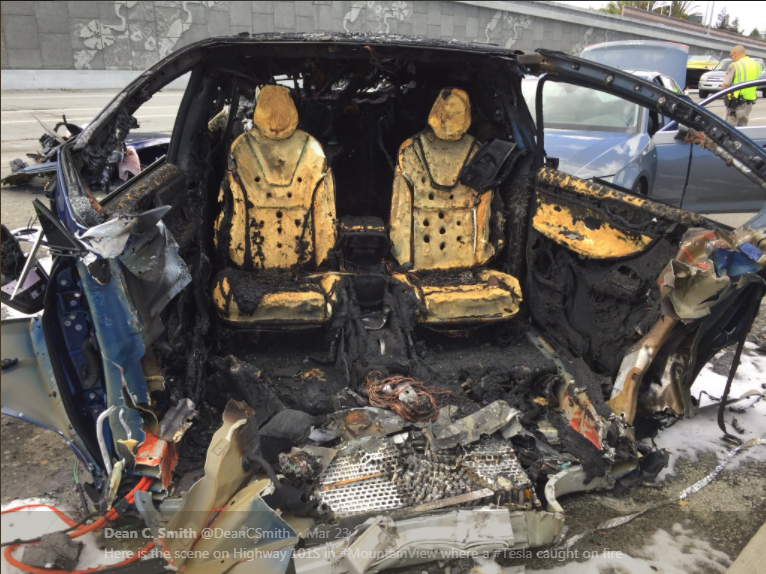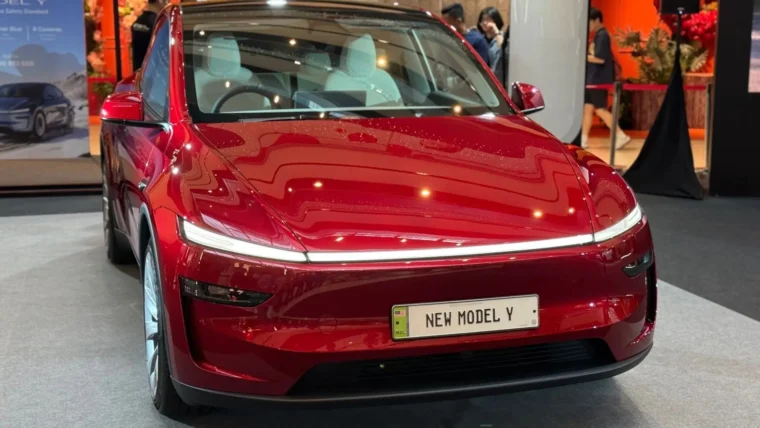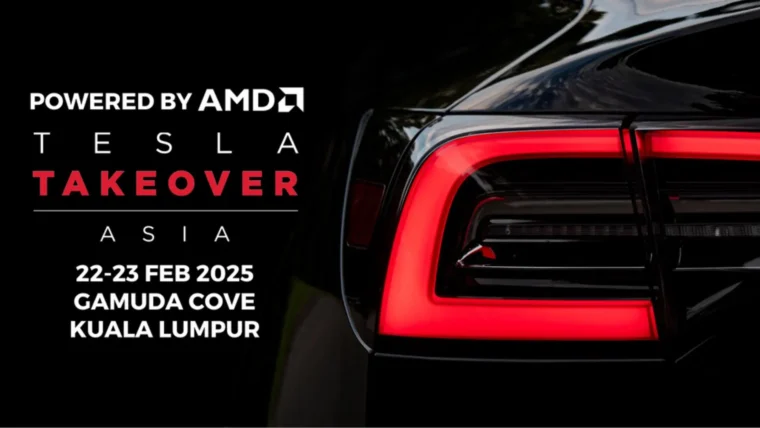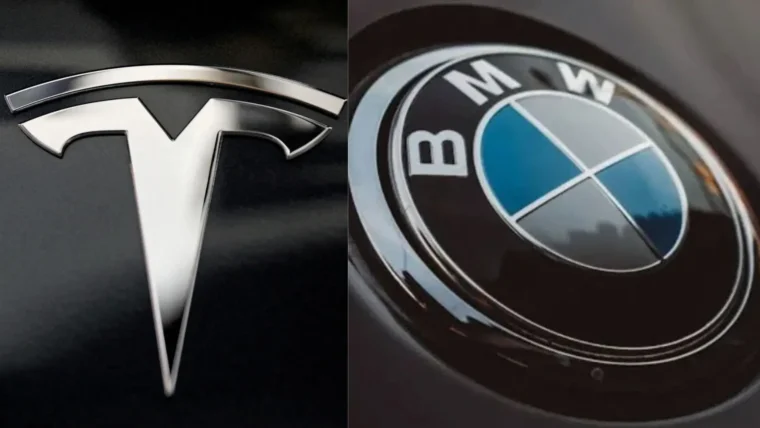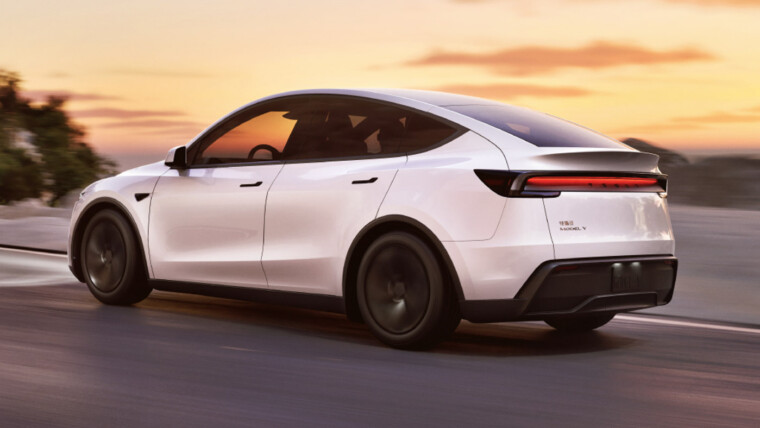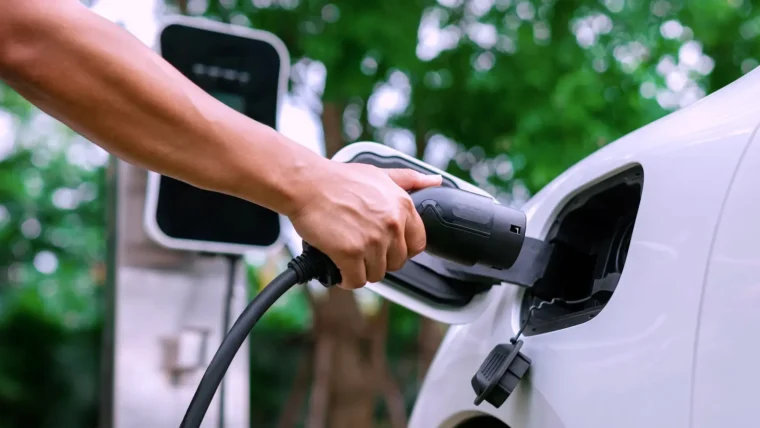After making a sensational disclosure that Walter Huang was not paying attention during the time of the crash which killed him, the National Transportation Safety Board (NTSB) has revoked Tesla’s status one of the investigation party. This is in relation to the Model X crash in Mountain View California which killed the driver, Walter Huang.
Usually, the roles of investigating parties are full participation in the investigation process and the sharing of information between agencies. In one example, Uber is part of the investigation party with the NTSB which caused a death when their self-driving car hit a pedestrian crossing the road.
Being part of the investigations, there should be a certain level of confidentiality but after Tesla announced in a statement about what their thoughts were, the NTSB wasn’t too pleased with that.
“Releases of incomplete information often lead to speculation and incorrect assumptions about the probable cause of a crash,” the NTSB said in its statement posted on Ars Technica. The report further on went to state that “Tesla was unapologetic, however, and insists that it unilaterally withdrew from the agreement.”
“It’s been clear in our conversations with the NTSB that they’re more concerned with press headlines than actually promoting safety,” a Tesla spokesperson wrote. “They repeatedly released partial bits of incomplete information to the media in violation of their own rules, at the same time that they were trying to prevent us from telling all the facts.”
Tesla and the NTSB have had an increasingly frosty relationship in recent weeks, as Tesla has released information to the media over the NTSB’s objections. In an April 6 phone call, NTSB chairman Robert Sumwalt warned Elon Musk by phone that talking to the media could lead to loss of party status.
Tesla came back with a full statement below which was taken from the Teslarati site.
“Last week, in a conversation with the NTSB, we were told that if we made additional statements before their 12-24 month investigative process is complete, we would no longer be a party to the investigation agreement. On Tuesday, we chose to withdraw from the agreement and issued a statement to correct misleading claims that had been made about Autopilot — claims which made it seem as though Autopilot creates safety problems when the opposite is true. In the US, there is one automotive fatality every 86 million miles across all vehicles. For Tesla, there is one fatality, including known pedestrian fatalities, every 320 million miles in vehicles equipped with Autopilot hardware. If you are driving a Tesla equipped with Autopilot hardware, you are 3.7 times less likely to be involved in a fatal accident and this continues to improve.
It’s been clear in our conversations with the NTSB that they’re more concerned with press headlines than actually promoting safety. Among other things, they repeatedly released partial bits of incomplete information to the media in violation of their own rules, at the same time that they were trying to prevent us from telling all the facts. We don’t believe this is right and we will be making an official complaint to Congress. We will also be issuing a Freedom Of Information Act request to understand the reasoning behind their focus on the safest cars in America while they ignore the cars that are the least safe. Perhaps there is a sound rationale for this, but we cannot imagine what that could possibly be.
Something the public may not be aware of is that the NTSB is not a regulatory body, it is an advisory body. The regulatory body for the automotive industry in the US is the National Highway Traffic Safety Administration (NHTSA) with whom we have a strong and positive relationship. After doing a comprehensive study, NHTSA found that even the early version of Tesla Autopilot resulted in 40% fewer crashes. Autopilot has improved substantially since then.
When tested by NHTSA, Model S and Model X each received five stars not only overall but in every sub-category. This was the only time an SUV had ever scored that well. Moreover, of all the cars that NHTSA has ever tested, Model S and Model X scored as the two cars with the lowest probability of injury. There is no company that cares more about safety and the evidence speaks for itself.”
Other posts by Mark Leo

